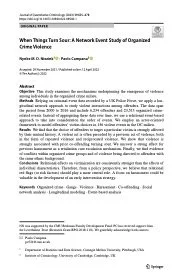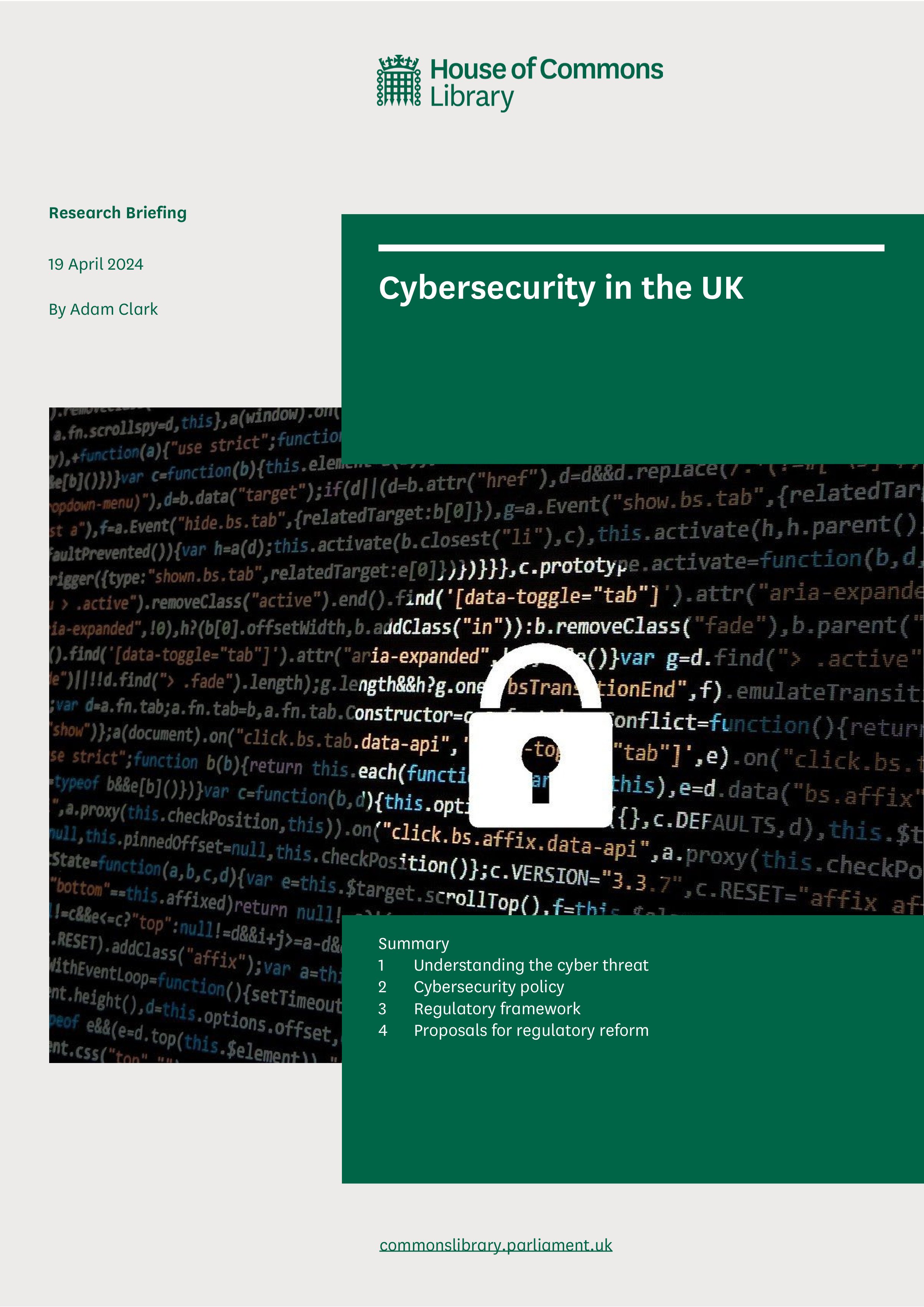By Nynke M. D. Niezink · Paolo Campana
This study examines the mechanisms underpinning the emergence of violence among individuals in the organized crime milieu. Methods : Relying on criminal event data recorded by a UK Police Force, we apply a longitudinal network approach to study violent interactions among offenders. The data span the period from 2000 to 2016 and include 6,234 offenders and 23,513 organized crime related events. Instead of aggregating these data over time, we use a relational event-based approach to take into consideration the order of events. We employ an actor-oriented framework to model offenders' victim choices in 156 violent events in the OC milieu. Results - We fnd that the choice of offenders to target a particular victim is strongly affected by their mutual history. A violent act is often preceded by a previous act of violence, both in the form of repeated violence and reciprocated violence. We show that violence is strongly associated with prior co-offending turning sour. We uncover a strong efect for previous harassment as a retaliation cum escalation mechanism. Finally, we fnd evidence of conflicts within organized crime groups and of violence being directed to offenders with the same ethnic background. Conclusions - Relational effects on victimization are consistently stronger than the effects of individual characteristics. Therefore, from a policy perspective, we believe that relational red fags (or risk factors) should play a more central role. A focus on harassment could be valuable in the development of an early intervention strategy.
Journal of Quantitative Criminology (2023) 39:655–678








